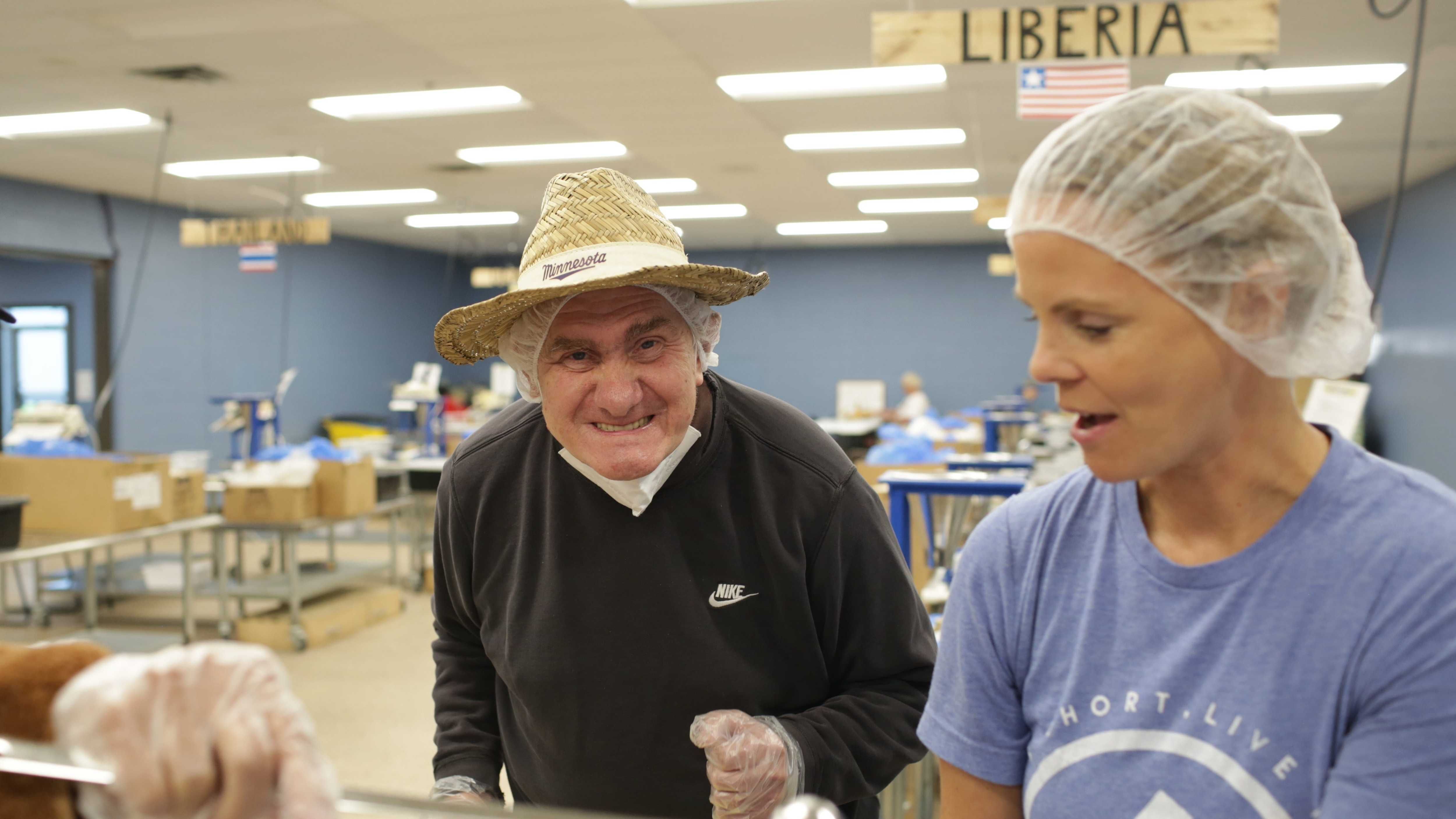After NCAA Women’s Basketball Hand Gesture uproar, the Diversity Dude podcaster sees a “teachable moment” on bias. Lambers Fisher, host of The Diversity Dude podcast on the SHElettaMakesMeLaugh.com podcasting platform, encourages people to have “difficult conversations” about divisive topics.
In the controversy over the final game in the NCAA Women’s Basketball Tournament, Fisher found an opportunity to reach a deeper understanding of understanding biases. It was the topic of his most recent podcast: How do you respond to biases? – The Diversity Dude Podcast | Podcast on Spotify.
The incident in question happened as the LSU Lady Tigers closed in on its victory over Iowa in the championship. Star LSU forward Angel Reese, who is Black, celebrated by waving her hand in front of her face and pointing to her ring finger. That gesture is a signature move copied from wrestler John Cena (who admits he copied it from rapper Tony Yayo). It’s meant to tell an opponent “you can’t even see me, because I’m so beyond you,” and “here’s the finger where I will wear my championship ring.”
Reese was immediately and harshly criticized as unsportsmanlike, disrespectful and classless. But Iowa’s star Caitlin Clark, who is white, had made the same hand-waving gesture at least twice, in the Hawkeyes’ victory in the Elite Eight and in the game that knocked off defending champion South Carolina in the semi-finals. Clark was not vilified for her non-verbal show of dominance; when she pulled it, she was called confident and a fierce competitor.
Sportscasters, professional athletes, pundits and fans quickly jumped in on the situation to name-call, finger-point and grandstand. A licensed marriage and family therapist, DEI speaker and author, Fisher saw people “getting more dug in” when they took to Twitter and other social media platforms to state their views.
“When people passionately express their feelings in the Twitter universe they don’t feel they are being effectively heard so they have to say it louder and louder,” he observed.
Fisher saw the differing views of the two players’ behavior as a reflection of biases of those who weighed in on the opposing meaning of their gestures.
“No matter your side, we know our opinions are based on our past experiences and lessons we’ve learned. We have to recognize that those opinions are not universal; our perspectives may be skewed. So we need to make the most of every opportunity to learn about others’ experiences and the lessons they’ve learned,” Fisher said.
Fisher believes that people often don’t want to contemplate a viewpoint that differs from their own, but insists that knowledge can result when people “push themselves to get out of their comfort zone,” and engage in conversations rather than “piling on and exchanging barbs.”
“People supporting Miss Reese experience the criticism of her as another hurt on a large pile of hurts. But we need not vilify everyone on the other side and write them off as people who can’t learn and change and so they should be cancelled,” he said. “Instead we can put a mirror up to them and ask them to look at themselves and see the disparity, the way their behavior is hypocritical and reflective of their own biases. We can ask, can you take this opportunity to increase your ability to treat everyone fairly? That’s how people change.”
Fisher said that ultimately a controversy like this one can lead to broader understanding. But he know that change happens when both sides are willing to be open and engaged and acknowledges that people of color are more often asked to understand another viewpoint than the reverse.
“As a therapist, I know people must feel truly understood in the depths of their pain before they can see any silver lining in the lesson,” he said. “Every difficult experience gives an opportunity to learn something.”
Lambers Fisher uses this approach in his training series. As the creator of Diversity Made Simple, Fisher has brought this coursework to multiple corporations, non-profit organizations and other groups. He calls his approach “shame-free training.” It aims to increase cultural competence for participants and help them develop practical strategies to reduce unintentional offenses and repair them when they occur.
On Friday April 14 from 10 am to 1 pm, Fisher will offer a virtual version of his popular workshop to the public. Cost for the training is $49.
“People who dreaded diversity training will tell me that they didn’t realize how much fun it could be to learn bout other people,” he said.
To register for Fisher’s Diversity Made Simple workshop go here.
Lambers Fisher was a guest of WCCO's Sheletta Brundidge and is encouraging us to have "difficult conversations"







